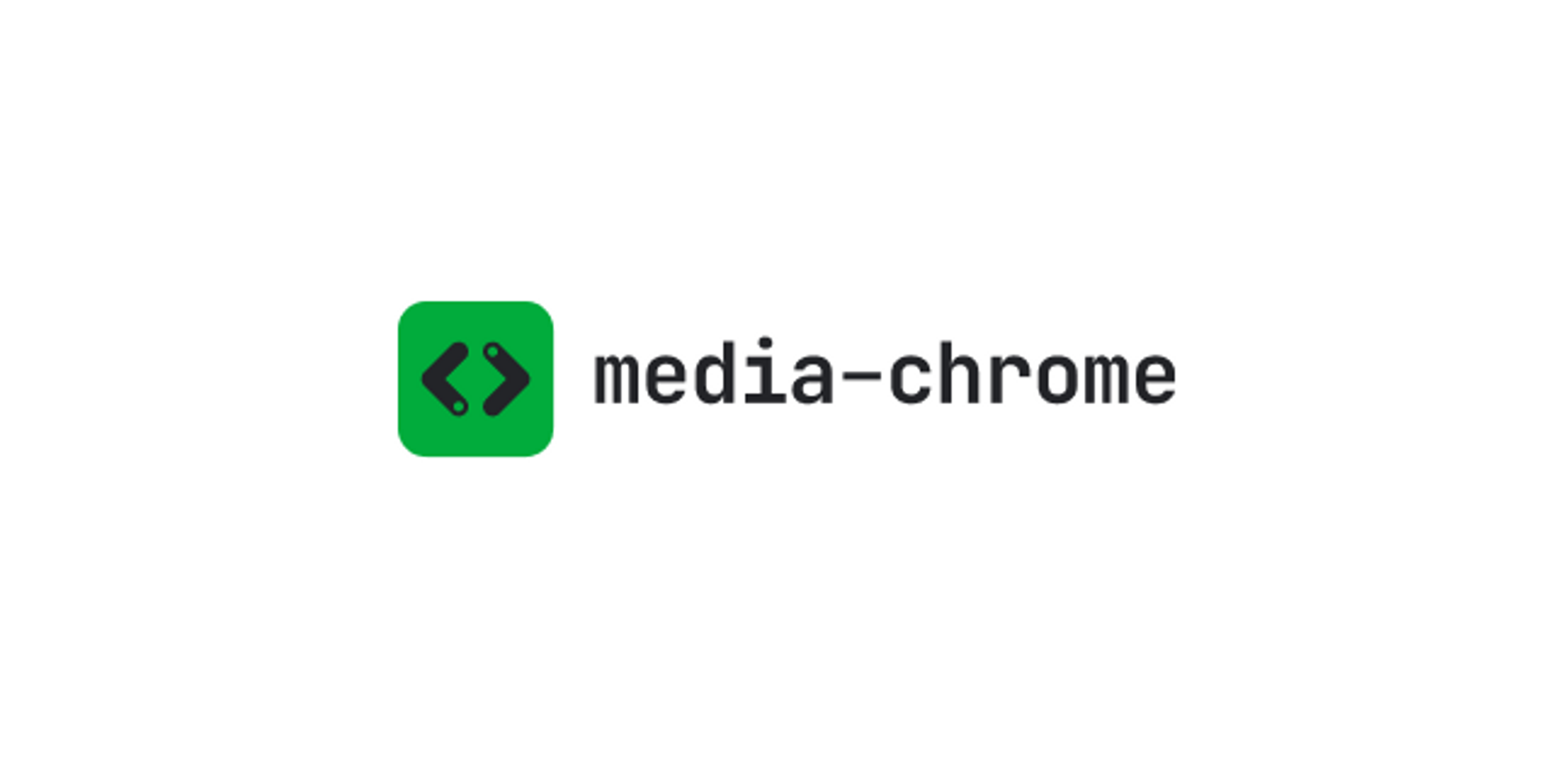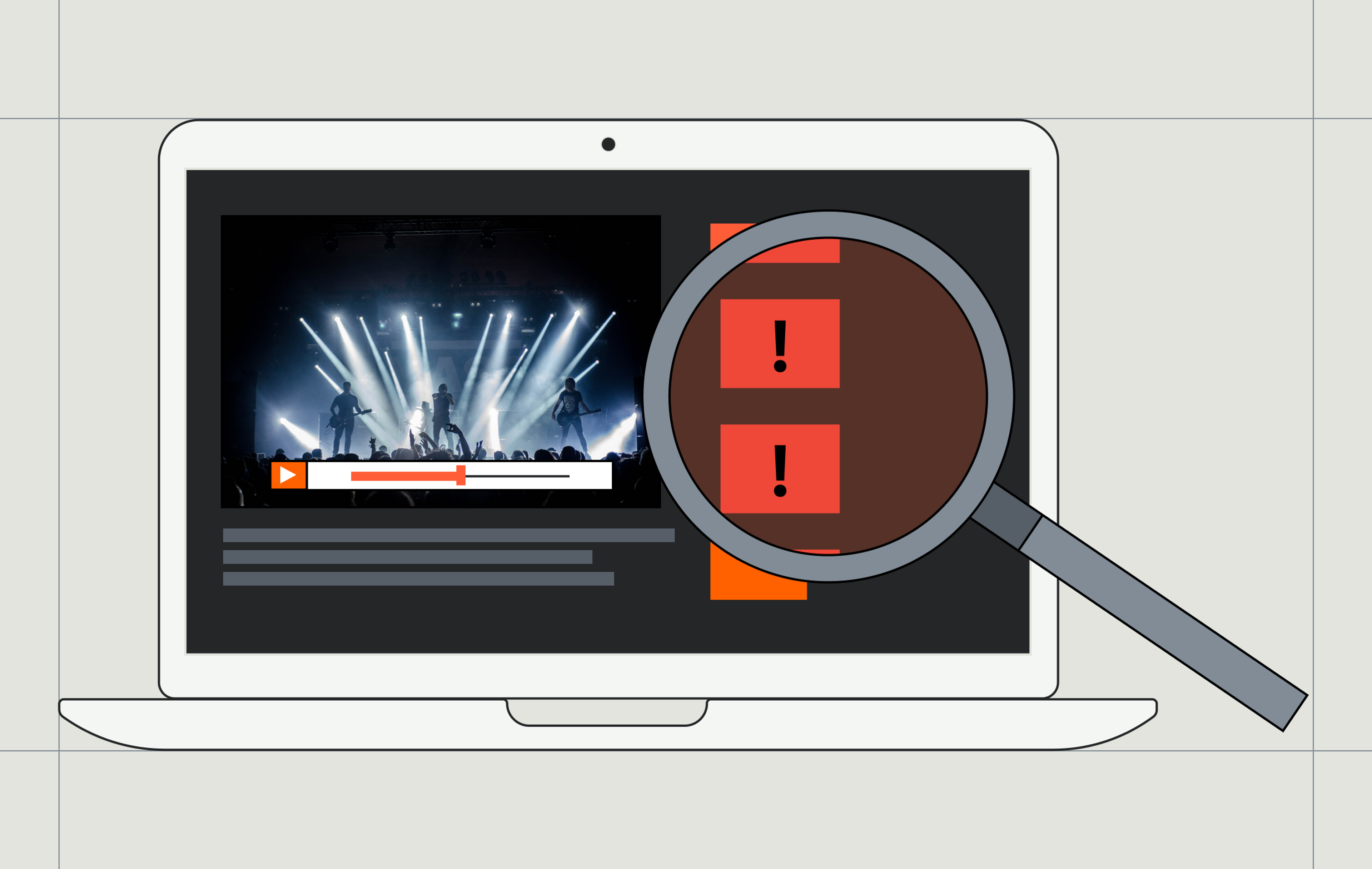If you’ve been waiting with bated breath since the Supreme Court oral argument that considered whether YouTube should be liable for letting ISIS videos appear in sidebar recommendations, you can finally exhale: your YouTube queue is safe (for now).
On May 18th, 2023, the court issued their decision in Gonzalez v. Google – an unsigned opinion that saw SCOTUS say, “uhh, no thanks” to the opportunity to draw new boundaries for Section 230, the aging law protecting online platforms from liability for the content they host.
To understand their stance, we first have to take a peek at another case decided on the same day: Taamneh v. Twitter. In that case, the family of another terror attack victim sued Twitter. The family claimed Twitter had “aided and abetted” terrorism by hosting ISIS content, recommending it, and generally not doing enough to take it down. SCOTUS rejected that argument, citing the tenuous connection between ISIS videos and the specific attack, as well as the lack of evidence that Twitter had deliberately favored/championed ISIS.
So back to Gonzalez. In a decision that took up less than 3 pages, SCOTUS laid out the two questions at issue:
- Whether Section 230 shields Google
- Whether there’s a viable claim that Google abetted terrorism.
On the latter point, SCOTUS pointed to Taamneh and suggested it was pretty likely Gonzalez didn’t have a solid terrorism claim either. Based on that, they declined to address Section 230, instead sending the case back down to the appeals court level to definitively rule on the terrorism claim. Since the Ninth Circuit had already agreed that Google was protected under 230, their eventual ruling is likely to deal the Gonzalez case its final blow.
Alright, case closed. But we’re still left with a nagging question: what’s next for Section 230?
In 2021, we saw a surge of interest in reforming the law, from a Democrat-led proposal called the SAFE TECH Act to hearings aiming to “hold big tech accountable.” Topics like the economy have largely stolen the limelight since then, but a number of senators are still advancing new related legislation they claim will help protect children on the internet.
With the gridlock in Congress these days, I’m not convinced we’ll have an answer any time soon – we’ll just have to hope their next crack at improving 230 is better than their last.



